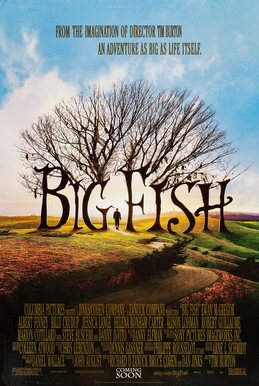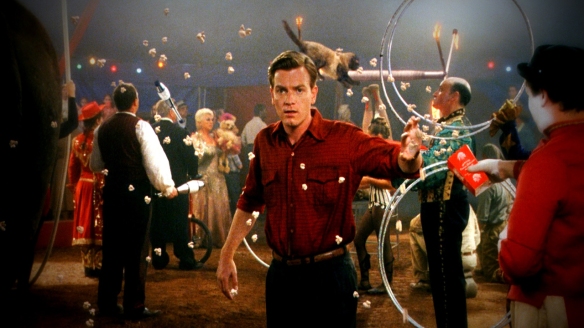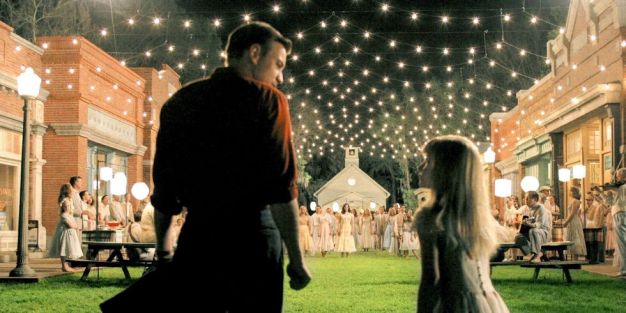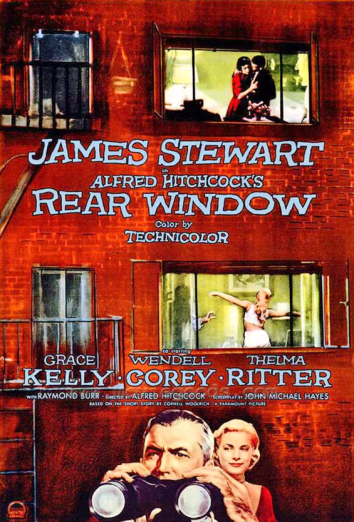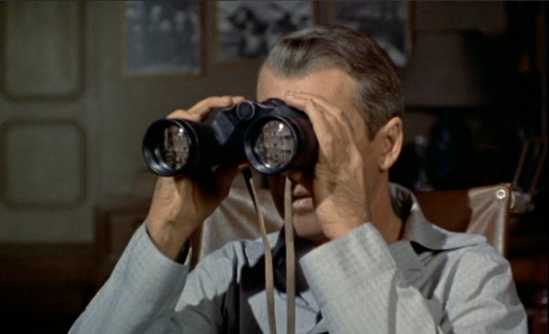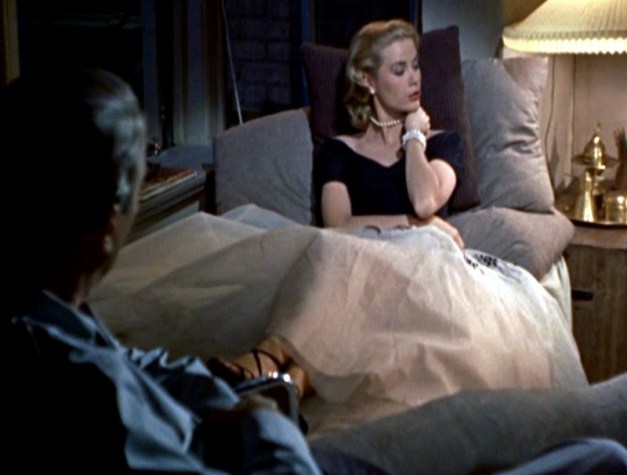Are you one to question the facts that you’re told? Do you hypothesize conspiracies? Are you fascinated by major historical events?
You may enjoy the drama JFK, starring Kevin Costner, a New Orleans district attorney Jim Garrison investigating John F. Kennedy’s assassination and questioning whether or not Lee Harvey Oswald worked alone. The movie uses inappropriate language and themes unsuitable and disturbing for younger audiences, making it appropriate for teens and adults. It is rated R.
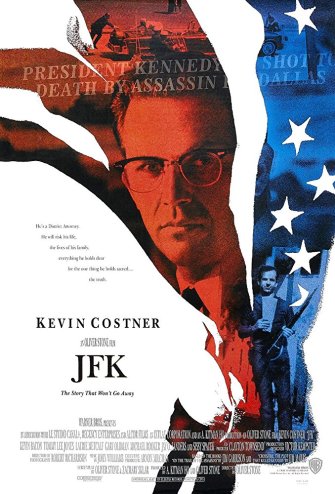
The storyline and the fact that the movie is a drama sheds light on the historical context as the main character asks questions about what happened to JFK. Khrushchev and Fidel Castro’s historical relation to JFK were explored, and major events, like the Bay of Pigs, for instance, came into play, as well.
If you aren’t interested in conspiracy theories, this movie isn’t for you. The movie was plot-driven, and Garrison was used as a tool to explore the plot, which was based on Stone’s personal and unconventional beliefs. I wasn’t personally phased by the conspiracy concept.
The cast interacted well with each other and the acting was very believable. Kevin Costner in particular was a particular compelling character. I really felt like he was invested in the Kennedy assassination. He faced conflict with his family. They were struggling to understand how he would prioritize his investigation over them, and Garrison’s views presented him with pushback from his own staff as well.
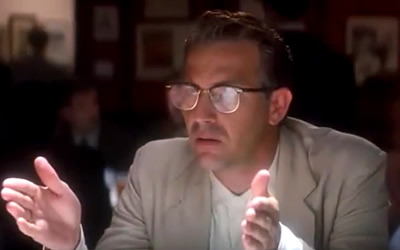
The cinematography was average. I did appreciate, however, how the movie would incorporate video from the news in the 60s in the movie. It really helped to emphasize the time frame. There was one scene where I could see the boom mic in a mirror, though, and that bothered me.
The movie got famous quotes wrong and wasn’t chronological and correct in all of its aspects. In some scenes, people can be seen wearing clothes that weren’t popular until the 80s. In the Gettysburg address, Lincoln uses the phrase “of the people, by the people, for the people;” When Garrison referenced the phrase, he quoted it incorrectly, saying “of the people, for the people, by the people.” Also, a person commented on JFK’s assassination and said that Camelot was in “smithereens,” but the Camelot comparison wasn’t invented until a week after JFK’s assassination in an interview with Jackie Kennedy by Theodore White for Life Magazine. While I don’t take issue with people interpreting facts differently, I did have issues with historical inaccuracy.
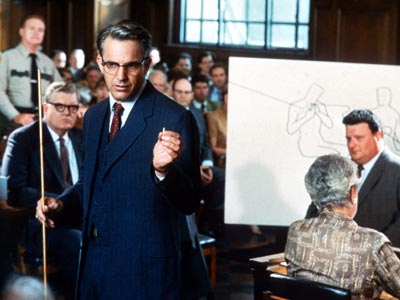
Other movies where people have conducted investigations for answers, like Truth, Spotlight, and The Case for Christ have all accomplished their goals and made decent movies without dragging on for a whole 3 ½ hours. JFK was unnecessarily long, which made it boring.
The movie wasn’t awful, but for me, it didn’t work. I’ve seen other movies done in a similar fashion that have been half as long and have been more historically accurate. I was ready for the film to be over halfway through. C+
Tweet:
JFK Was Not One Brief Shining Moment– It Was Long, Boring, and Somewhat Historically Inaccurate. Read the full review here: http://bit.ly/2jcKzbc

